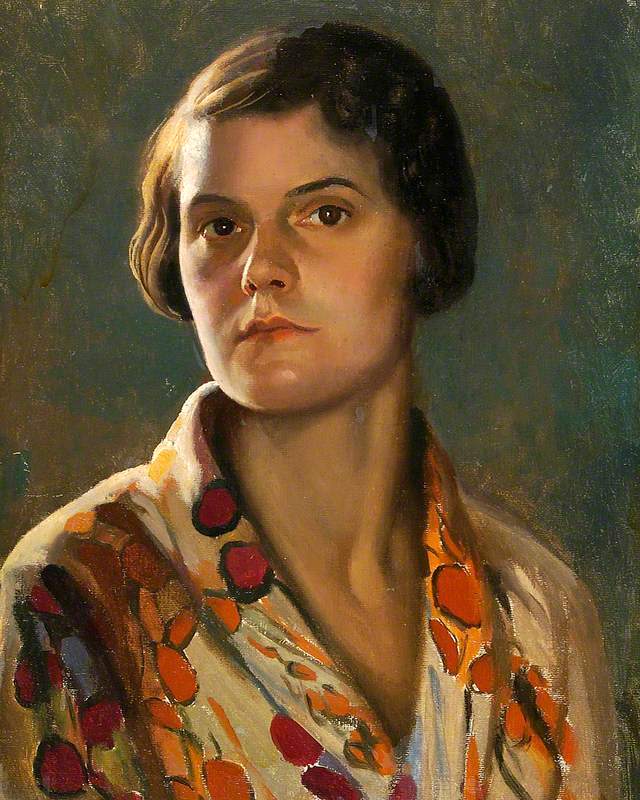- All our books
- Categories:
- Adultery
- America
- Architecture
- Biography
- Bloomsbury
- Childhood
- Children (books for)
- Cookery Books
- Country Life
- Diaries
- Education
- Family
- Fathers
- Gardening Books
- Gay and Lesbian
- Grandmothers
- History
- House and Garden
- Humour
- Ireland
- London
- Love Story
- Men (books about)
- Men (books by)
- Mothers
- North of England
- Overseas
- Poetry
- Politics
- Race
- Science Fiction
- Scotland
- Sex
- Shopping
- Short Stories
- Single Women
- Social Comedy
- Suffragettes
- Teenagers (books for)
- Thrillers
- Translations
- Victoriana
- Widows
- Woman and Home
- Working Women
- WWI
- WWII
- Persephone Merch.
- Audiobooks
- Book Tokens
- Notebook
- Persephone Classics
- Catalogue
Find a book

A Book a Month
We can send a book a month for six or twelve months - the perfect gift. More »

Café Music
Listen to our album of Café Music while browsing the site. More »
Order This Book

240pp
ISBN 9781903155646
The ten short stories in The Closed Door and Other Stories, Persephone book no. 74, are a selection we have made from the three volumes of stories that Dorothy Whipple published in her lifetime: On Approval in 1935, After Tea and Other Stories in 1941 and Wednesday and Other Stories in 1961.
There can be few regular Persephone readers who are new to Dorothy Whipple, who is one of the stars of our list, so most will recognise the themes explored in her novels. Dorothy Whipple's key theme – it is one with which most Persephone readers will (we hope) identify profoundly – is ‘Live and Let Live’. And what she describes throughout her short stories are people, and particularly parents, who defy this maxim. For this reason her work is timeless, like all great writing. It is irrelevant that Dorothy Whipple’s novels were set in an era when middle-class women expected to have a maid; when fish knives were used for eating fish; when children did what they were told. The moral universe she creates has not changed: there are bullies in every part of society; people try their best but often fail; they would like to be unselfish but sometimes are greedy.
Like George Eliot, like Mrs Gaskell, like EM Forster, Dorothy Whipple describes men and women in their social milieu, which in her case is the inter-war period, and shows them being all too human. But her books are not nostalgia reads either, any more than reading George Eliot or Forster is a nostalgia read, nor are they old-fashioned or simplistic. We do not read A Room with a View because we want to go to Florence when there were still hansom cabs, or come back to a Surrey where the grocer’s boy delivers. We read Forster because he tells us so much about human nature, and that does not change; and because he is funny, perceptive and writes wonderfully.
Dorothy Whipple’s prose is more straightforward. Here are a few lines from The Closed Door: ‘There was a dead silence. Even Ernest, so ready with words, was bereft of them. He gaped, with Alice, at Stella, as if she had suddenly gone mad. “Going out with a man!” Alice got it out at last. She leaned forward and thrust her face at her daughter, the better to realise the astounding creature. “You! With a man!” she repeated. Stella smiled radiantly. “Yes, Mother.” “When we thought you were with Beryl Payne, do you mean?” asked Alice. “Yes, but it doesn't matter now, does it?”’
The prose is pure, uncluttered, straightforward, pared down to the bone; it never labours the point (the key word in these few lines is ‘radiantly’) but most writers would expend sentences telling us about Stella’s demeanour rather than the subtle, throwaway and poignant word (poignant because we know that Stella, like Babs, will be slapped down). Dorothy Whipple's subtlety is the reason why so many people – generally those who have not read her – overlook her excellence. But the TLS wrote in 1941, about After Tea and Other Stories, ‘Nobody is more shrewd than Mrs Whipple in hitting off domestic relations or the small foibles of everyday life’ and in 1961, after the publication of Wednesday and Other Stories: ‘Economy and absence of fuss – these are Mrs Whipple’s outstanding virtues as a writer.’
Dorothy Whipple’s other great strength is that she is a storyteller par excellence. We have published seven of her novels and each one is a page-turner; but it is a feat indeed to make a short story into a page-turner since normally a story is a photograph, an impression, an atmosphere. The plots are certainly ‘quiet’ – Ernest and Alice oppress their daughter, a woman is divorced by her husband and only allowed to see her children on Wednesday afternoons, a man puts flowers on his late wife’s grave – but the effect on our empathy for, and understanding of, her characters is profound. Dorothy Whipple is a deeply observant and compassionate - and timeless - writer; at last she is being acknowledged as the superb writer we know her to be.
Also available: Persephone Dinner Napkins in the fabric used for the endpaper for this book.
Endpaper
A 1930s dress fabric (we sometimes have the dress on display in the Persephone bookshop).
Picture Caption
Self portrait c. 1932 Effie Spring-Smith (1907-74)
Read What Readers Say
CL, London WC1
A Reader of Literature (blogger)
JC, New Zealand
Categories: Family Short Stories Woman and Home
